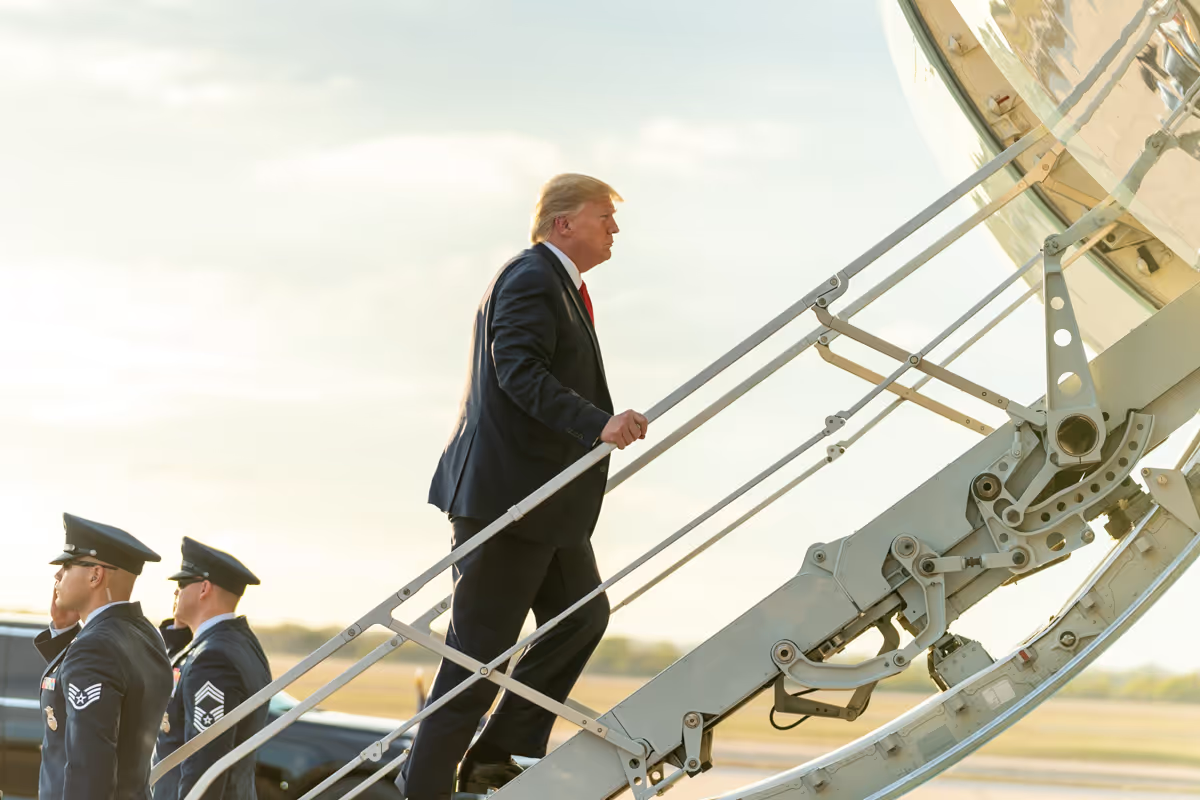Thinktanker Summary
- Goldman Sachs Global Institute estimates AI could contribute 1.5% to annual productivity growth over a ten-year period, lifting global GDP by nearly $7 trillion.
- U.S. and China are top AI competitors, but geopolitical swing states like India, Japan, Israel, UAE, and South Korea can form "innovation blocs" and cooperate with each other.
Overview:
- This article was written by Jared Cohen, George Lee, Lucas Greenbaum, Frank Long, and Wilson Shirley, published by Goldman Sachs Global Institute.
- It explores the transformative impact of generative AI on global markets, geopolitics, and the balance of power among nations.
- The authors discuss the urgent need for strategic planning during the "inter-AI years" to shape the future of AI-enabled technology.
Key Quotes:
- "The emergence of generative AI marks a transformational moment that will influence the course of markets and alter the balance of power among nations."
- "Decisions made today will determine what is possible in the future. A generative world order will emerge.
What They Discuss:
- The article highlights the potential of generative AI to contribute 1.5% to annual productivity growth over ten years, lifting global GDP by nearly $7 trillion.
- It emphasizes the role of AI in economic growth, technological revolution, and geopolitical dynamics.
- The authors examine the US and China's position as AI superpowers and their complex relationship as competitors and collaborators in AI research.
- The significant role of large language models (LLMs) in AI innovation and competition is analyzed, along with the concerns and strategies of open and closed societies regarding AI.
- The impact of US-led export controls on semiconductors on China's technological development is discussed, highlighting the geopolitical implications.
What They Recommend:
- The authors recommend a strategic approach to AI development, balancing the need for innovation with the management of risks and geopolitical considerations.
- They suggest fostering international cooperation and partnerships in AI research and development to address global challenges and opportunities.
Key Takeaways:
- Generative AI is reshaping global economic and geopolitical landscapes, with significant implications for national strategies and international relations.
- The US and China are key players in the AI domain, with their actions influencing the global AI landscape.
- Strategic planning and international collaboration are essential for harnessing the potential of AI while managing its risks and challenges.
This is a brief overview of Lucas Greenbaum, Frank Long, and Wilson Shirley's work from Goldman Sachs. For complete insights, we recommend reading the full article.











